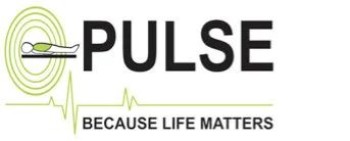
₹1,760
₹2,200
A Stress Test, also known as a Treadmill Test (TMT), is a cardiovascular diagnostic procedure that evaluates the heart's response to physical exertion.
Category:
Stress Test / TMT test
